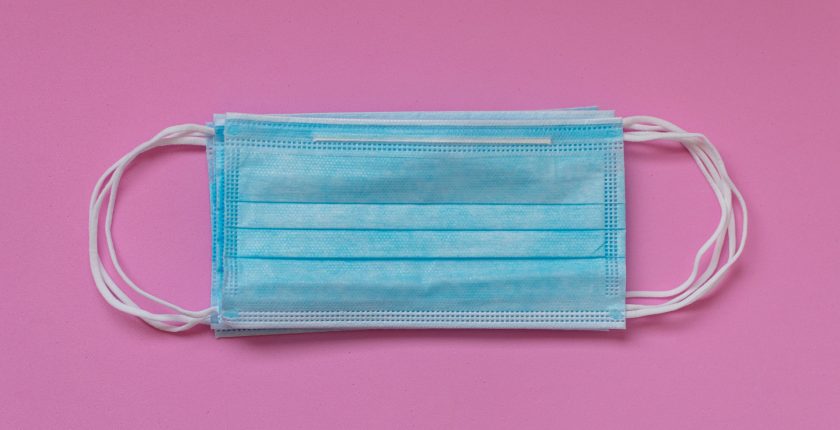Blog
Irish Times: Dr Muiris Houston: ‘For me, the most shocking Covid-19 statistic of all is this…’
- October 20, 2020
- Category: Blog Of interest from media

Dr Muiris Houston writes for the Irish Times about how patients with a recent diagnosis of a mental illness have a seven-fold increased risk of COVID-19 infection. This makes a recent mental health diagnosis one of the strongest risk factors for the novel disease. Women with mental illness are also more at risk of COVID-19 infection than men with mental illness.
Read the full article in the Irish Times here. You can also read the original research here.
The novel coronavirus, Sars-CoV-2, has brought us on many unexpected journeys. In narrow medical terms, loss of taste and smell, inflammation of the heart, and “brain fog” are unusual bedfellows for a virus that we initially thought of as primarily a respiratory illness.
But, for me, the most shocking statistic of all has just emerged: patients with a recent diagnosis of a mental illness have a seven-fold increased risk of Covid-19 infection. This makes a recent mental health diagnosis one of the strongest risk factors for the novel disease. The unexpected statistic emerged from a well worked study just published in the journal World Psychiatry.
Researchers from the School of Medicine, Case Western Reserve University in Cleveland and the National Institutes of Health, Bethesda in Maryland assessed the impact of a recent (within the past year) diagnosis of a mental disorder – including attention-deficit/hyperactivity disorder (ADHD), bipolar disorder, depression and schizophrenia – on the risk for Covid-19 infection and related mortality and hospitalisation rates.
Patients with both a recent diagnosis of a mental disorder and Covid-19 infection had a death rate of 8.5 per cent, almost double the rate among Covid-19 patients with no mental disorder. In addition, the study found a hospitalisation rate of 27.4 per cent for patients with Covid-19 as against a rate of 18.6 per cent among Covid-19 patients with no psychological illness.
They are disturbing findings. We already know that people with mental illness are less likely to access healthcare and public health advice. But this research is of an order of magnitude above what we already know, especially when you consider the increased odds emerged after controlling for age, obesity, diabetes and a range of common pre-existing conditions.
Researchers analysed a database of electronic health records of 61 million adult patients from 360 hospitals across 50 states in the US. “Patients with a recent diagnosis of a mental disorder had a significantly increased risk for Covid-19 infection, an effect strongest for depression and schizophrenia”, they said. “Women with mental disorders had higher odds of Covid-19 infection than males, with the strongest gender disparity for ADHD.”
Asked to comment on the groundbreaking research, Dr Brendan Kelly, professor of psychiatry at Trinity College Dublin told The Irish Times: “We already know that people with mental illness are less likely to access healthcare compared to people with no mental illness. This is one of the reasons why, on average, men with schizophrenia die 15 years earlier, and women 12 years earlier, than the rest of the population.
“With the onset of the Covid-19 pandemic, it was clear that people with mental illness faced particular challenges accessing both healthcare and public health advice. This new study from the US demonstrates just how big this issue is.”
These findings emphasise the importance of good physical and mental health care during the pandemic, he said. “In recent years, Ireland’s mental health services have accounted for around 7 per cent of our health budget. In England and Germany, that figure is 12 per cent. This study shows that multi-disciplinary mental health care is more important than ever during the current pandemic.”
On the other side of the psychological coin, we have become painfully aware of anxiety, panic and other mental health issues that are caused by the pandemic.
“Among the public, free-floating anxiety can be helped by advising people to manage their use of media, especially social media, and focus on reliable sources of information, such as the WHO. This will help combat false information and conspiracy theories that simply stoke anxiety and cause enormous distress to many,” says Kelly.
But the statistics from the US research are seismic. They require an urgent response from the Department of Health.
